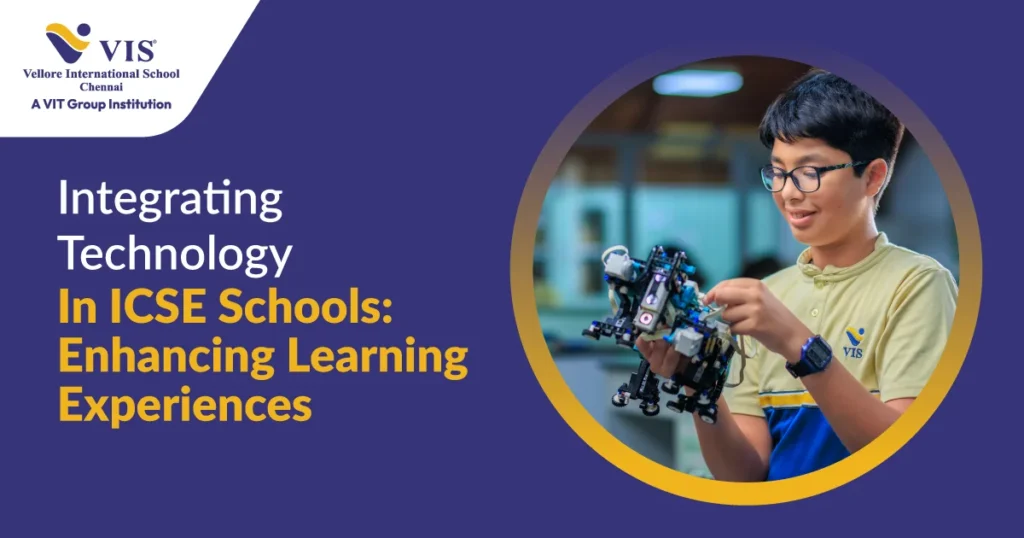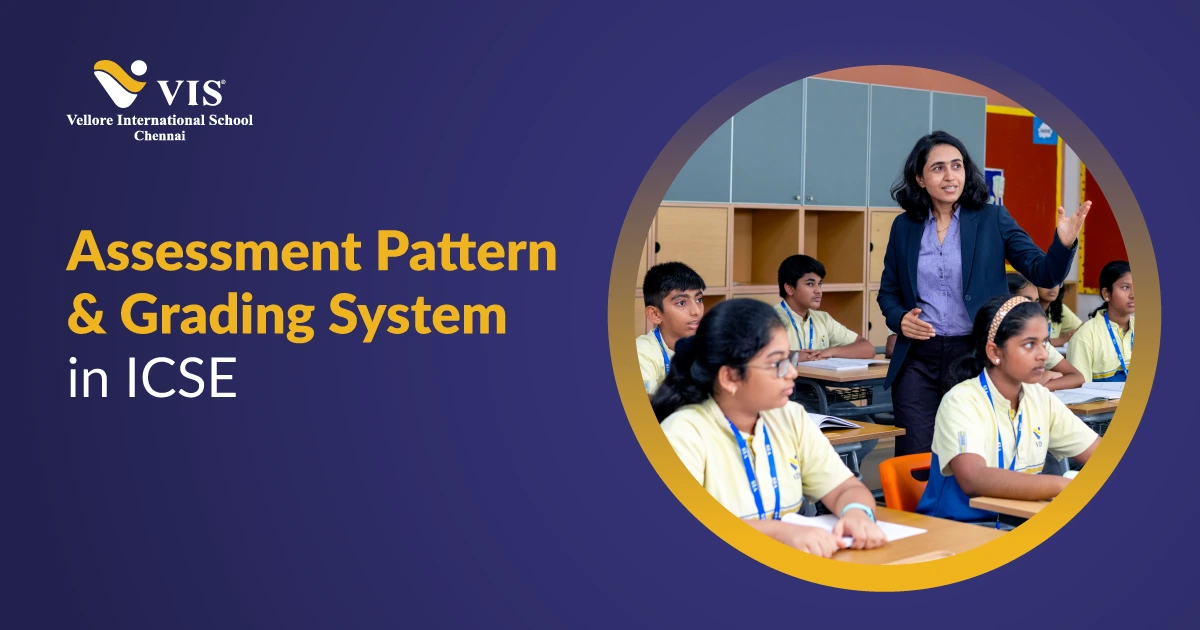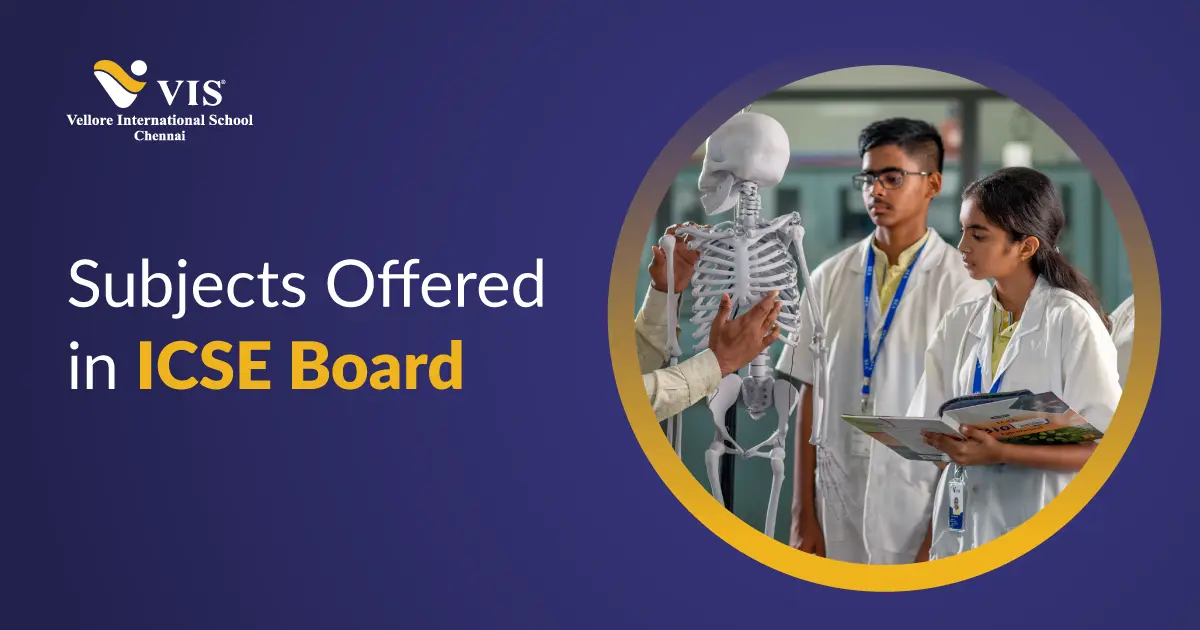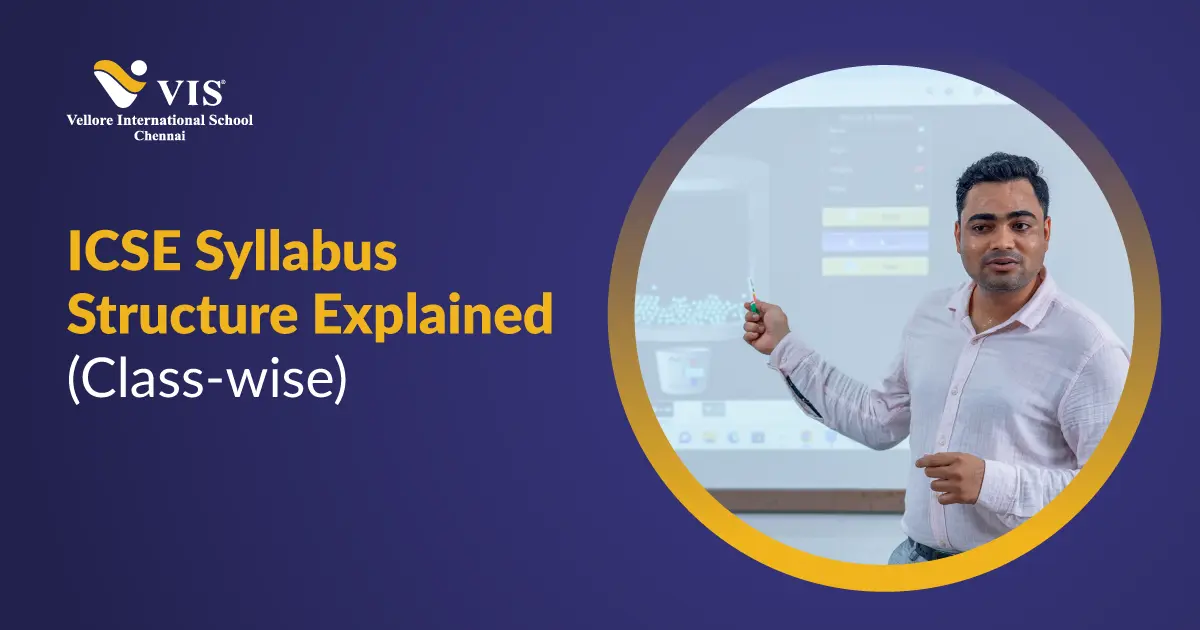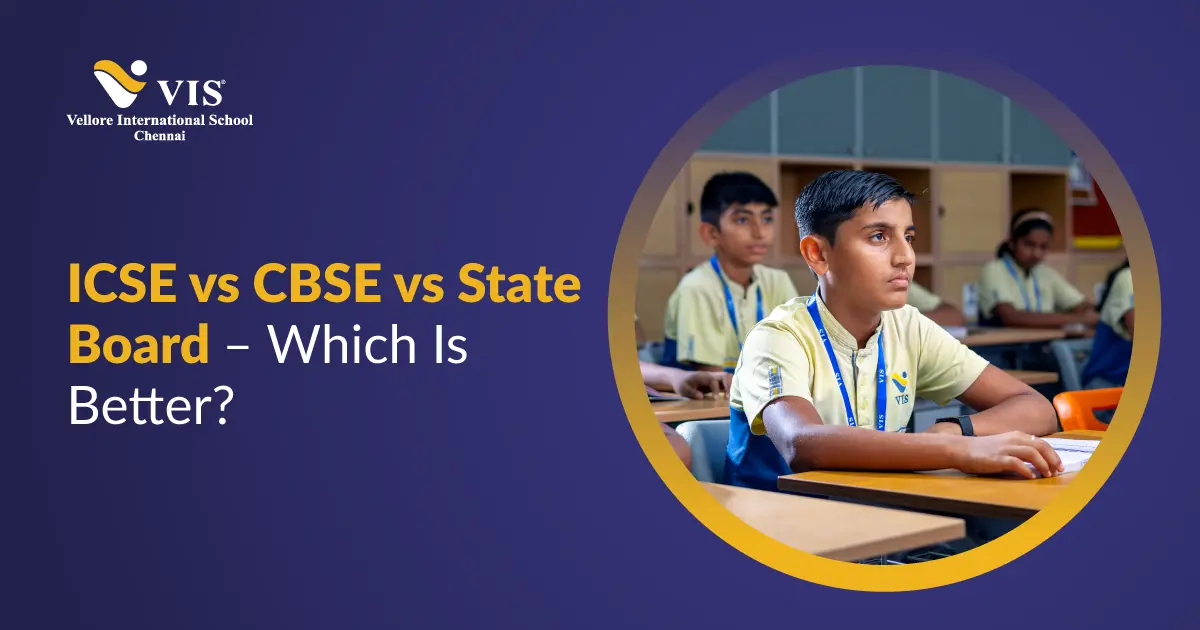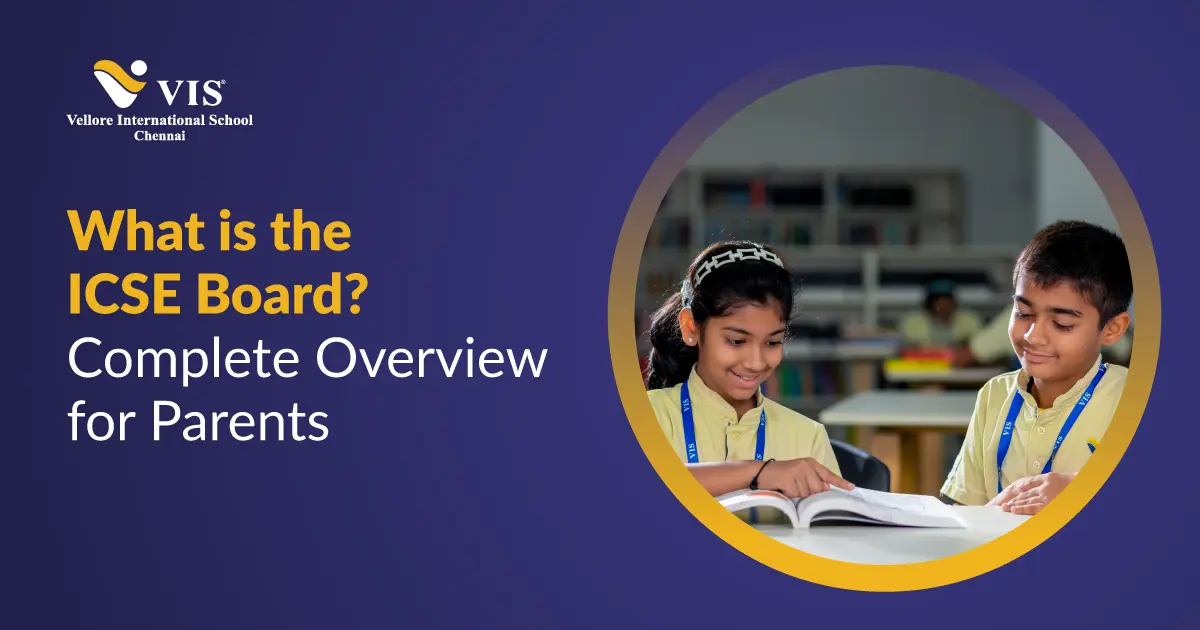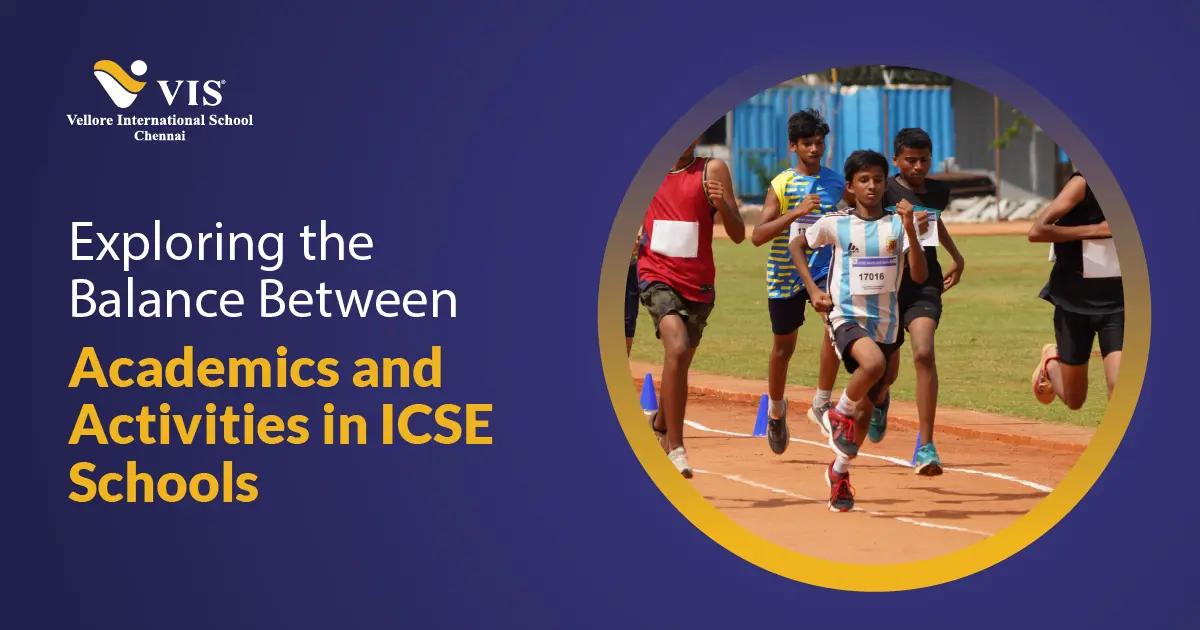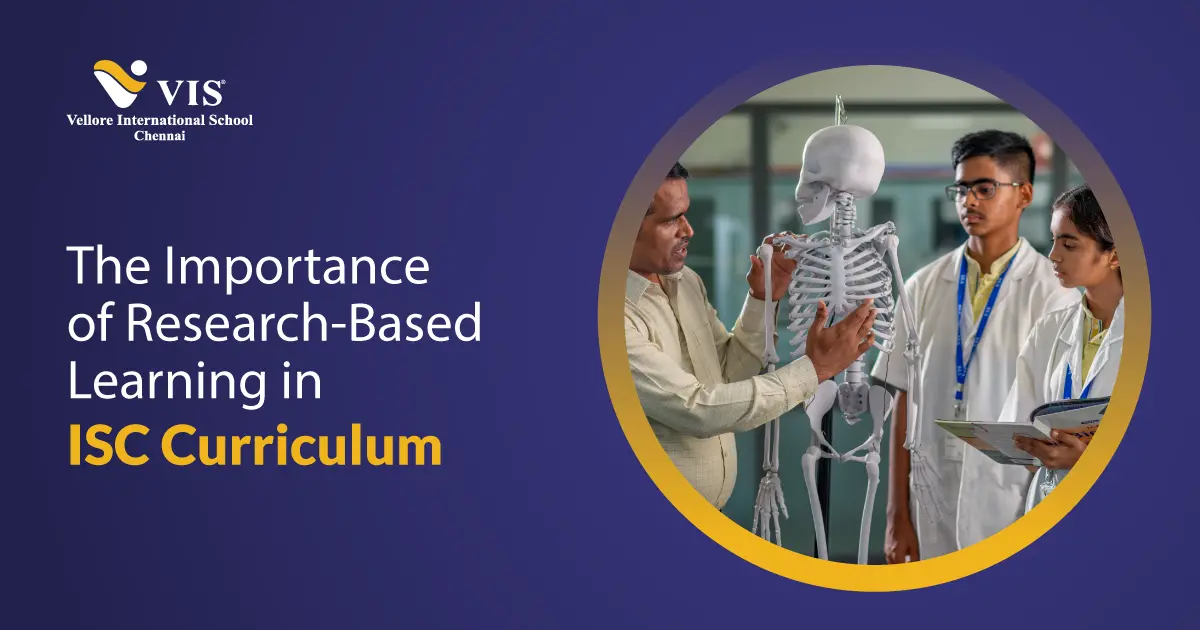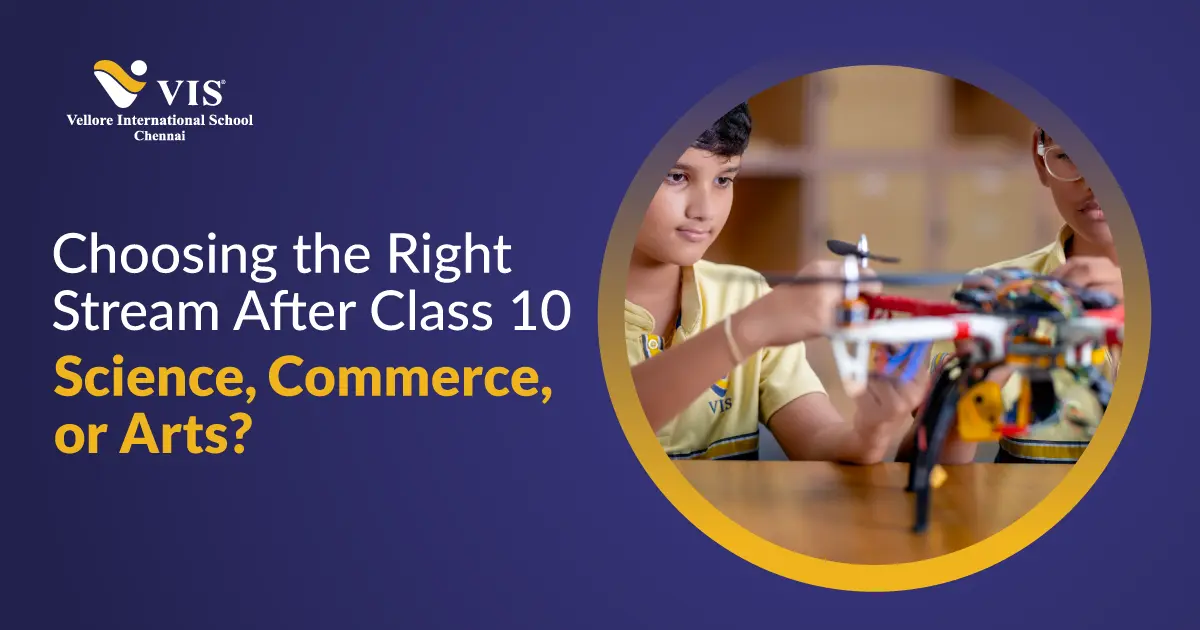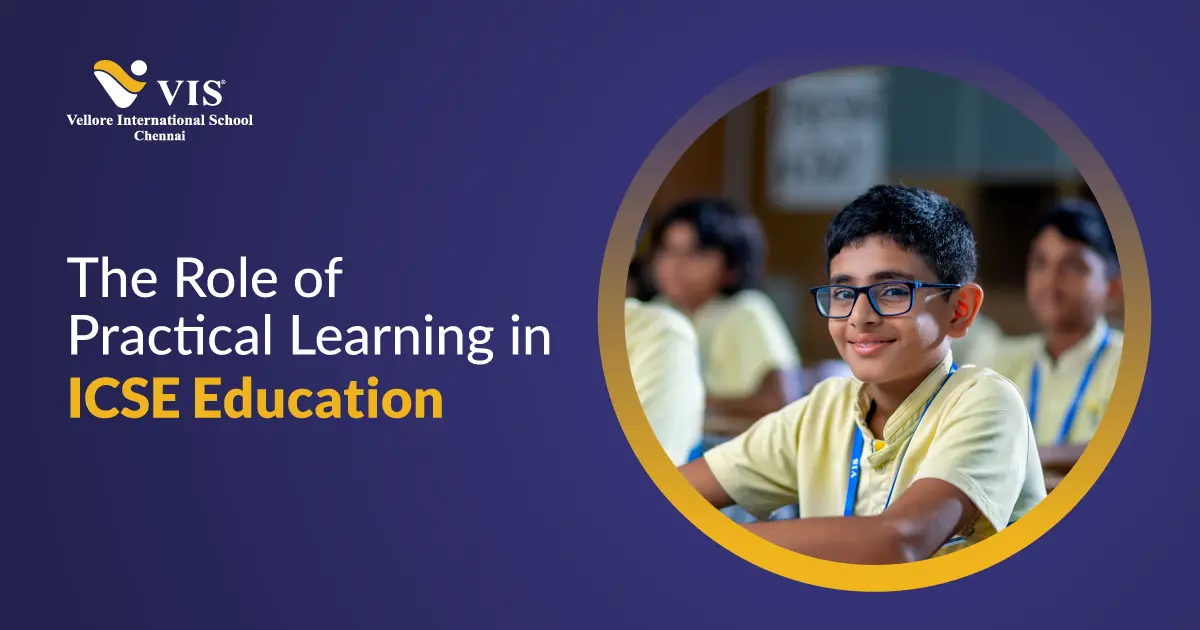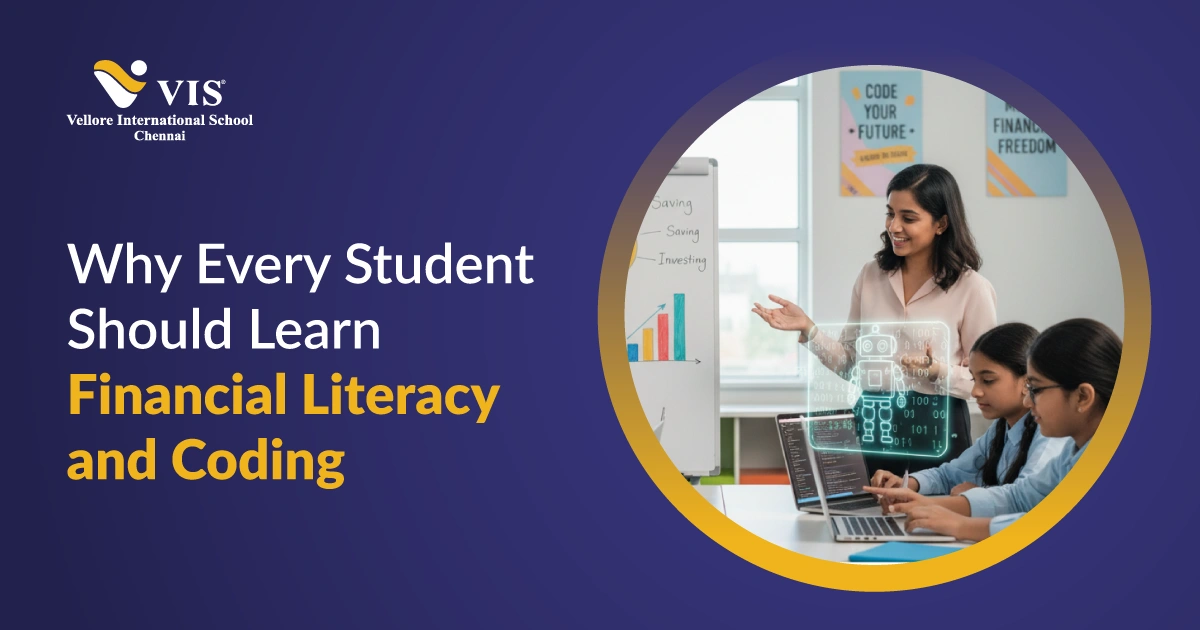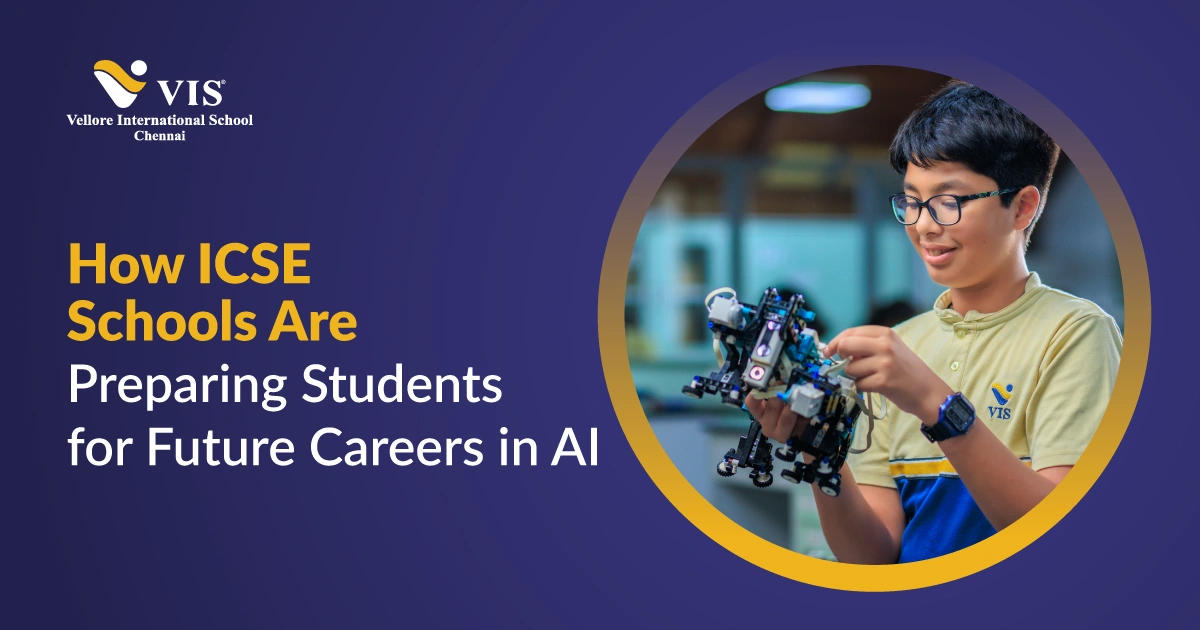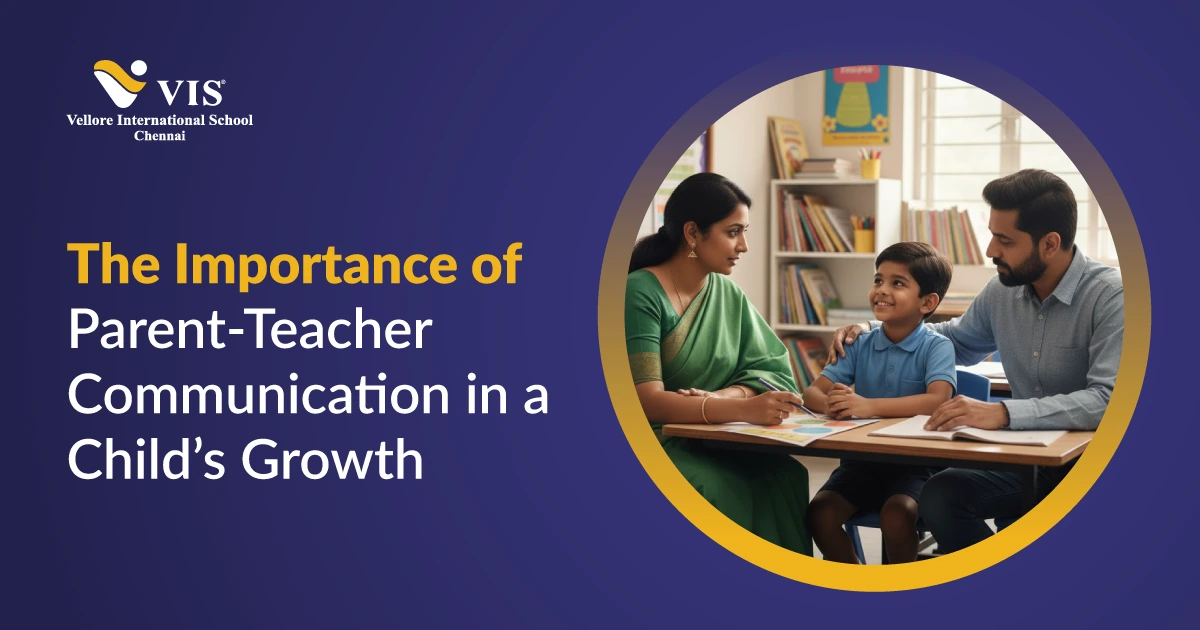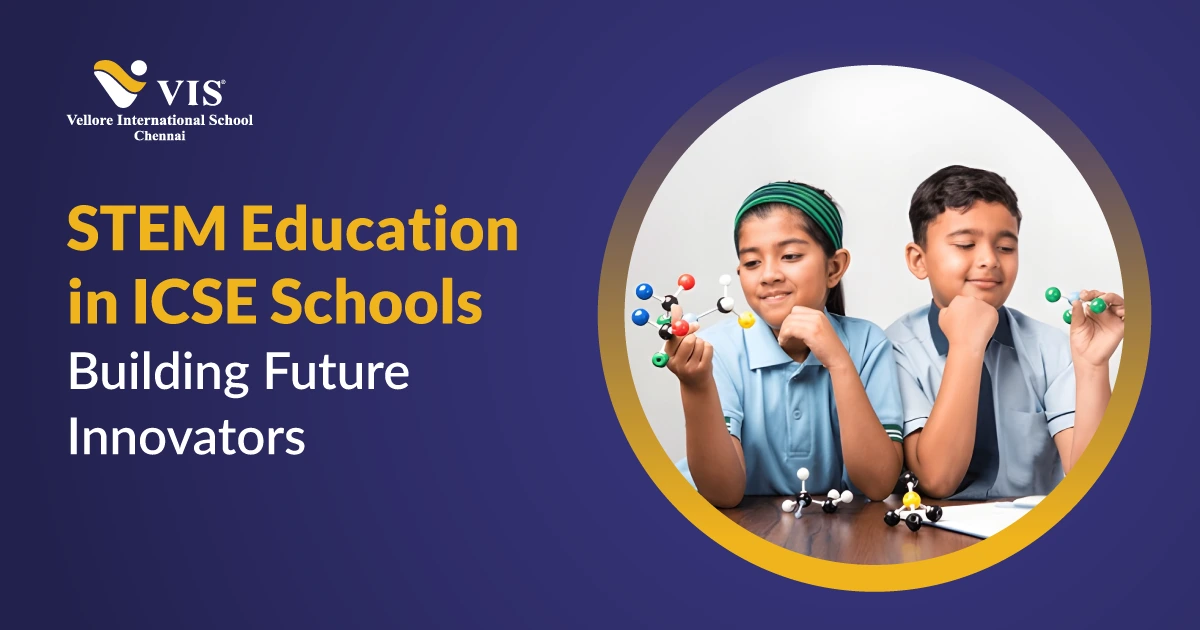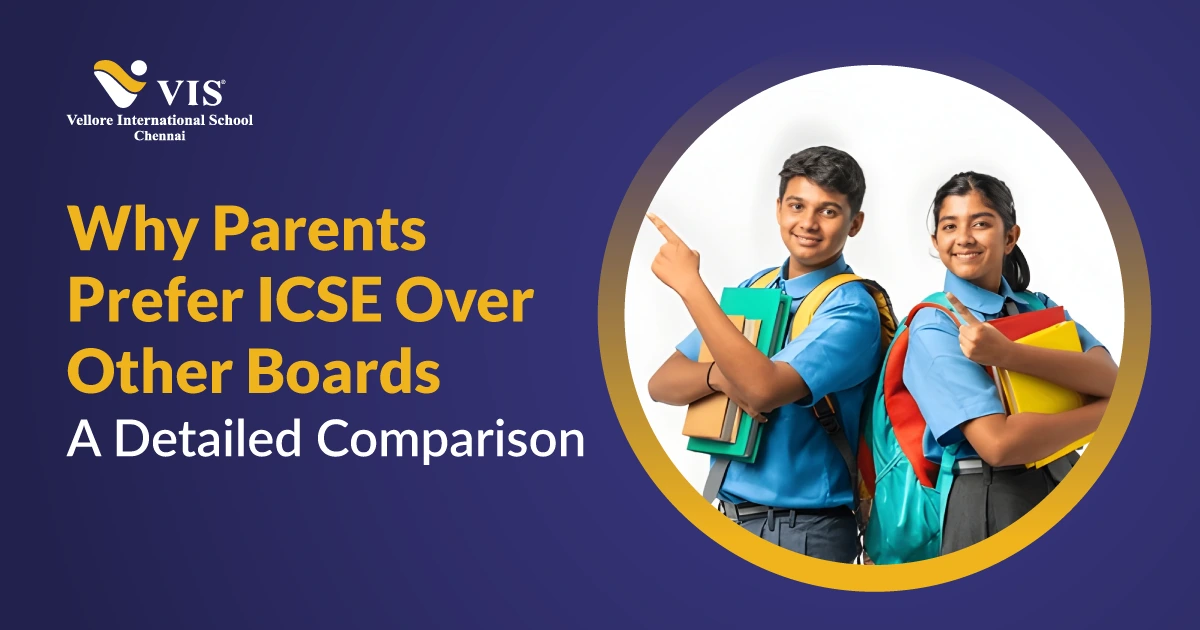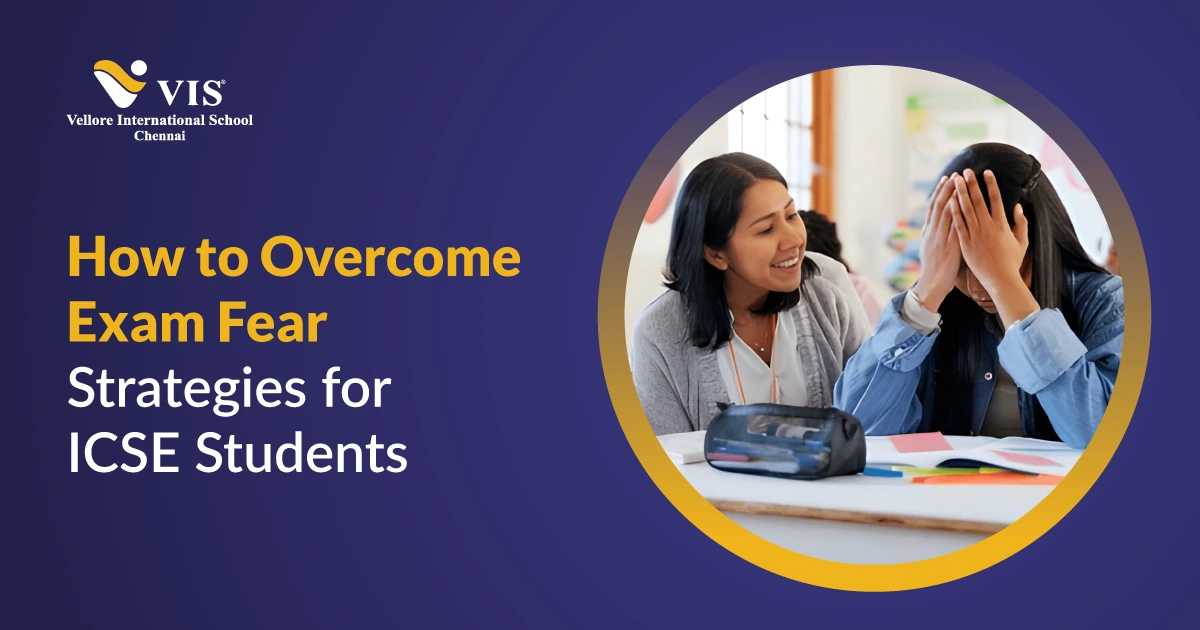Introduction
Recent research openly declared that technology plays an increasingly pivotal role in shaping how students learn and engage with content. As schools seek to equip students with essential 21st-century skills, technology in ICSE schools has emerged as a key element in enhancing learning experiences.
Here, you will find the right option about how integrating technology in ICSE schools can transform student’s education, preparing them for future challenges while making learning engaging and interactive.
Also Check – 15 Benefits Of Digital Classrooms for Students
Integrating Technology in ICSE Schools: Enhancing Learning Experiences
The upcoming topics clearly replicate some new advanced tech applications and their impact on children’s academic growth.
1. The Need for Integrating Technology in ICSE Schools
Technology integration in ICSE schools is not just a trend but a necessity in today’s digital era. With the quick nature of technology in everyday life, educational institutions need to adapt and incorporate these tools into their teaching strategies. The need for technology arises from several key factors:
1.1 Digital Literacy as a Fundamental Skill
In the present job market, digital literacy is not just an advantage but a critical necessity. By integrating technology into the ICSE curriculum, schools ensure that students become proficient in using modern tools, an essential skill for tomorrow’s workforce.
1.2 Various Learning Styles
Students have varied learning styles and preferences. Integrating technology in ICSE schools allows educators to deliver these differences, providing resources that accommodate visual, auditory, and kinesthetic learners.
1.3 Enhancing Engagement and Interaction
Technology enables interactive and engaging learning experiences, making educational content more accessible and enjoyable. Interactive tools can transform standard lessons into practical learning experiences, capturing student’s attention and fostering a deeper understanding of subjects.
2. Benefits of Integrating Technology in ICSE Schools
At Vista International School, we actively integrate technology in ICSE schools to enhance learning experiences. Here’s a closer look at some key benefits of this integration:
2.1 Facilitating Collaborative Learning
Technology provides tools that encourage collaboration among students. Online platforms and collaborative software allow learners to collaborate on projects, fostering teamwork and communication skills.
- Group Projects: Virtual collaboration tools enable group projects where students can share ideas and work collectively, regardless of location.
2.2 Access to a Vast Array of Resources
Integrating technology in ICSE schools opens a wealth of information and educational resources. The internet is a knowledge repository, offering students instant access to research materials, e-books, and educational videos.
- E-Libraries: Schools can subscribe to digital libraries, enhancing academic research and learning opportunities beyond textbooks.
2.3 Personalised Learning
With technology, education evolves from a new approach to personalised learning experiences. Learning management systems (LMS) adjust the content based on each student’s progress, allowing educators to focus on the specific needs of individual learners.
- Adaptive Learning Platforms: These platforms provide the best exercises and resources that match each student’s learning pace and style.
| Did You Know? In 2023, the ICSE Board will include high-tech advancement domains like AI, ML, and blockchain-related topics in alignment with Global Standards: The ICSE curriculum meets high academic standards recognised nationally and internationally, paving the way for students to pursue opportunities globally. |
3. Interactive and Dynamic Learning Environments
Through the integration of technology in ICSE schools, traditional classrooms can be transformed into interactive and stimulating learning environments.
3.1 Use of Smartboards and Interactive Displays
Smartboards are becoming integral to modern classrooms. They allow teachers to present dynamic content interactively, engaging students in a way that traditional blackboards cannot.
- Enhanced Participation: Students can contribute directly to lessons by interacting with digital content, improving engagement and understanding.
3.2 Gamification of Learning
The gamification of learning is a growing trend that uses game elements to make education more rewarding and enjoyable.
- Education Technology Tools: Platforms like Kahoot and Quizizz allow educators to create interactive quizzes that gamify assessment and learning, fostering a lively classroom dynamic.
4. Preparation for Future Careers
Integrating technology in ICSE schools equips students with the skills necessary for future career paths. As industries increasingly depend on technology, students must be prepared to navigate this to future patterns.
4.1 Developing Analytical Skills
Technology promotes critical thinking and analytical skills through data analysis tools and software. Students can engage in projects that require them to interpret data and draw conclusions, preparing them for the complexities of real-world challenges.
4.2 Fostering Creativity
With various technological tools, students can express their creativity more freely. Whether through video production, graphic design, or coding, technology allows young learners to research and innovate.
5. Teacher Professional Development
Successful technology integration in ICSE schools also depends heavily on well-prepared teachers. Professional development programmes should equip teachers with the skills to effectively use technology in their classrooms.
5.1 Training Workshops
Regular workshops and training sessions ensure educators stay updated on technological advancements and best practices for integrating these tools into their teaching.
5.2 Peer Collaboration
Encouraging a culture of sharing best practices among teachers fosters an environment of continuous improvement and innovation.
6. Ensuring Cybersecurity and Digital Safety
While embracing technology, ICSE schools must prioritise cybersecurity and educate students on digital safety. Protecting sensitive information and fostering safe online practices are vital in the present tech-related interconnected world.
6.1 Digital Citizenship Education
Combining digital citizenship lessons into the curriculum teaches students about responsible online behaviour, including privacy, security, and the ethical use of technology.
Also Check – 10 Benefits Of Studying In International School
Innovative Technique for Inspired Learning – VIS Leads the Way

Integrating technology in ICSE schools is essential for enhancing learning experiences and preparing students for success in the modern world. At Vista International School, we are committed to leveraging technology to enrich our educational offerings, ensuring our students benefit from a dynamic and engaging learning environment.
By working and utilising these new advances in technological application, we provide students with valuable skills, enhance collaboration, and foster a culture of lifelong learning.
Conclusion
Finally, Trying or adapting to a new field or path is not a risk; it represents a chance for a new education journey. School is a medium of wisdom and the epicentre of well-mannered mannerisms.
Here, more than learning, we build and develop the core aspects that make a new path for all students. Practice discipline and commitment to studies, work on the latest technology or research those sectors. Improve your skill set.
FAQs
1. How does technology enhance learning in ICSE schools?
Technology enhances learning by providing interactive resources, facilitating collaborative projects, and enabling personalised learning experiences to develop to individual student needs.
2. What types of technology can be integrated into ICSE classrooms?
Common types of technology include smartboards, tablets, educational software, online collaboration tools, and learning management systems.
3. Are teachers trained to use technology effectively in the classroom?
Yes, ongoing professional development and training workshops ensure that teachers are skilled in integrating technology into their teaching practices.
4. How does gamification impact student engagement?
Gamification makes learning enjoyable and interactive, increasing student motivation and participation through game-based activities and competitions.
5. What measures are taken to ensure cybersecurity in ICSE schools?
Schools prioritise cybersecurity by educating students about digital safety, implementing robust security measures, and fostering responsible online behaviour.

